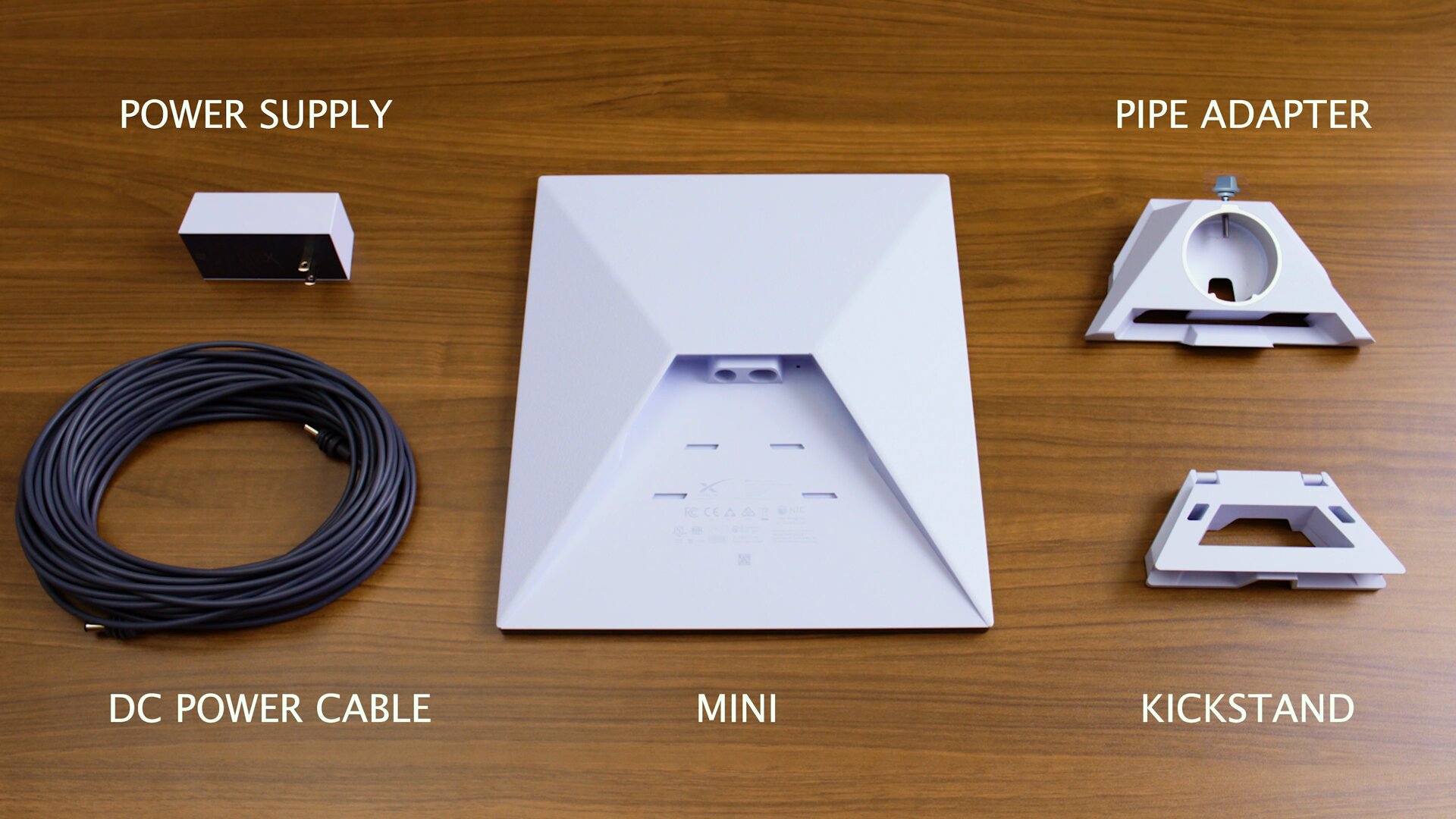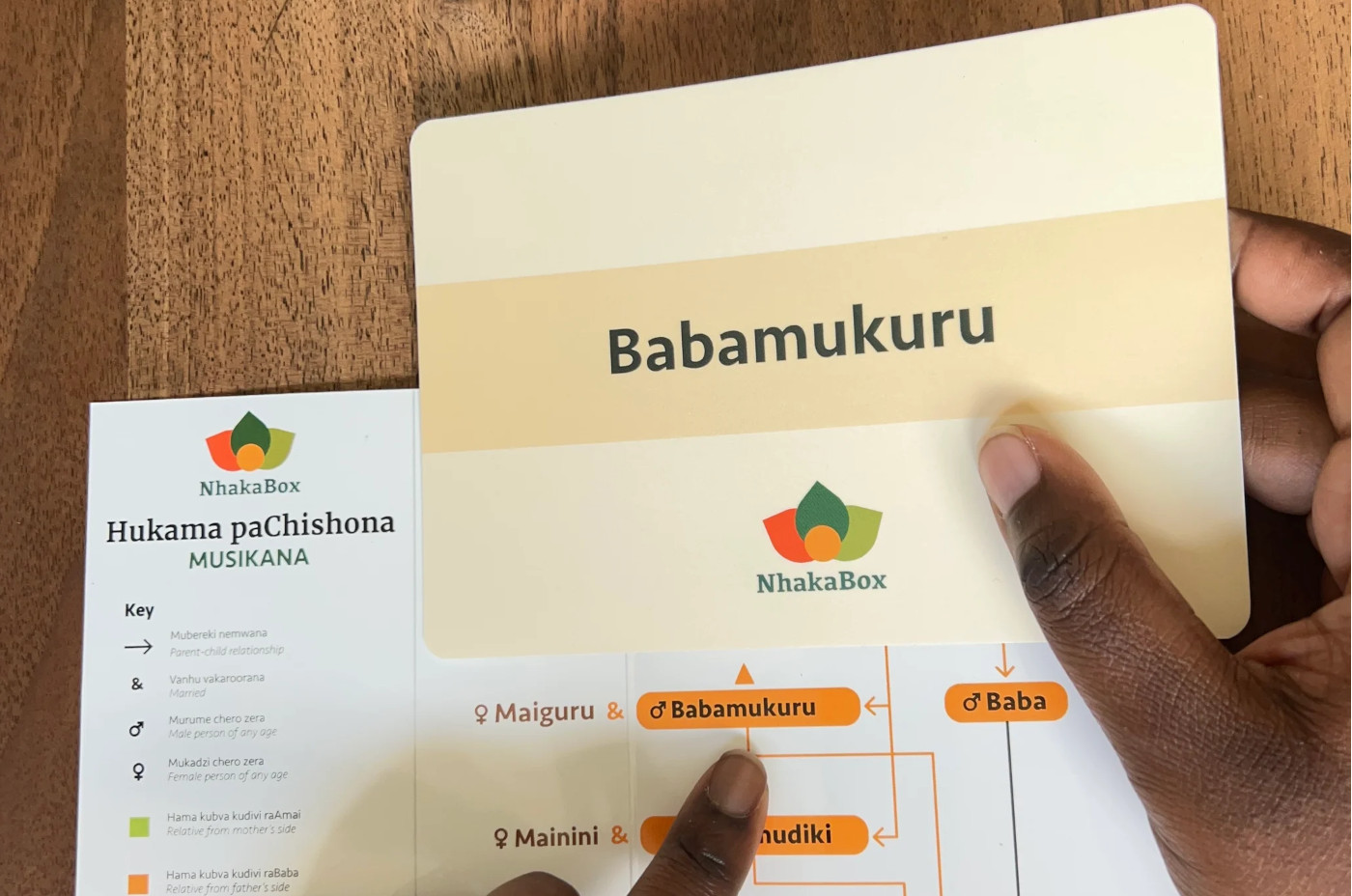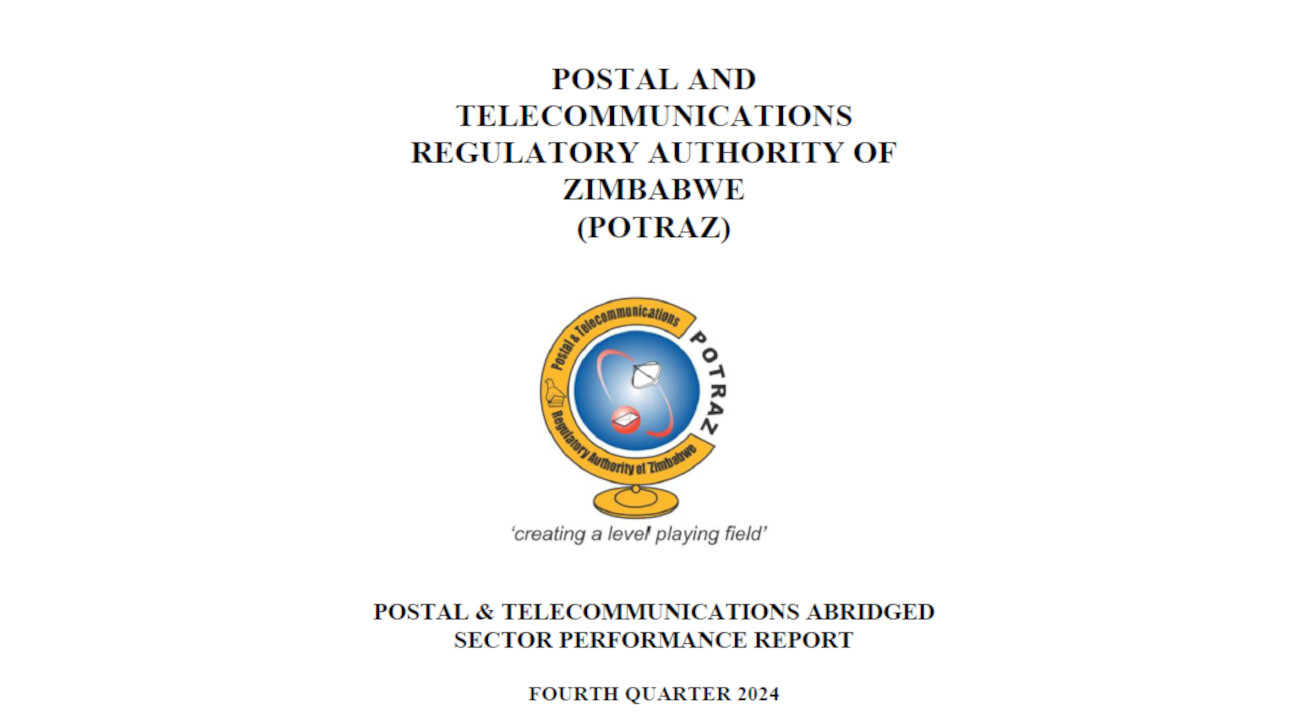Yesterday, two of Africa’s largest mobile networks,Orange and Airtel, announced that they had entered into an exclusive agreement to explore the possible acquisition by Orange of Airtel’s subsidiaries in four countries, Burkina Faso, Chad, Congo Brazzaville and Sierra Leone.
A huge disclaimer was slapped onto this announcement (there is no certainty of any binding agreement as a result of these discussions) In any case, there are huge implications with such a deal in terms of African telecoms.
Orange already has a significant footprint globally and has made a strong impression on African telecoms in terms of presence. If the acquisition proceeds Orange will have extended its presence to a total of 21 African countries. Airtel Africa, which is a subsidiary of India’s Bharti Airtel, is already present in 17 African countries including the four territories that it will be selling to Orange.
With a multi-billion dollar portfolio and presence in several markets, it would seem that Airtel is on extremely solid footing, but the numbers have proved otherwise.
The latest financial results for Bharti Airtel Africa indicated a widening in losses from $105 million to $183 million from 2014 to 2015. This was largely due to currency depreciation in Nigeria, Zambia, and other African countries.
Airtel Africa revenue dropped by 12.6% in the quarter ended March 2015 from $ 1.14 billion in the quarter ended March 2014 to $1 billion in the same quarter this year. The growth was limited by currency depreciation of 18.4%, in reported currency terms.
The rest of the numbers for Airtel are typical of telecoms financials and what we have seen even in Zimbabwe. Mobile data has increased significantly and it is now a bigger part of revenue contribution. Voice revenue is falling steadily and with a limited smartphone penetration across the continent to ensure that data acts as an adequate safety net, the Average Revenue Per User (ARPU) has also taken a hit from this change(it dipped by 20%).



![[Event] Discover AR: Demystifying Augmented Reality for Everyday Innovation](https://t3n9sm.c2.acecdn.net/wp-content/uploads/2025/05/AR3.jpeg)








